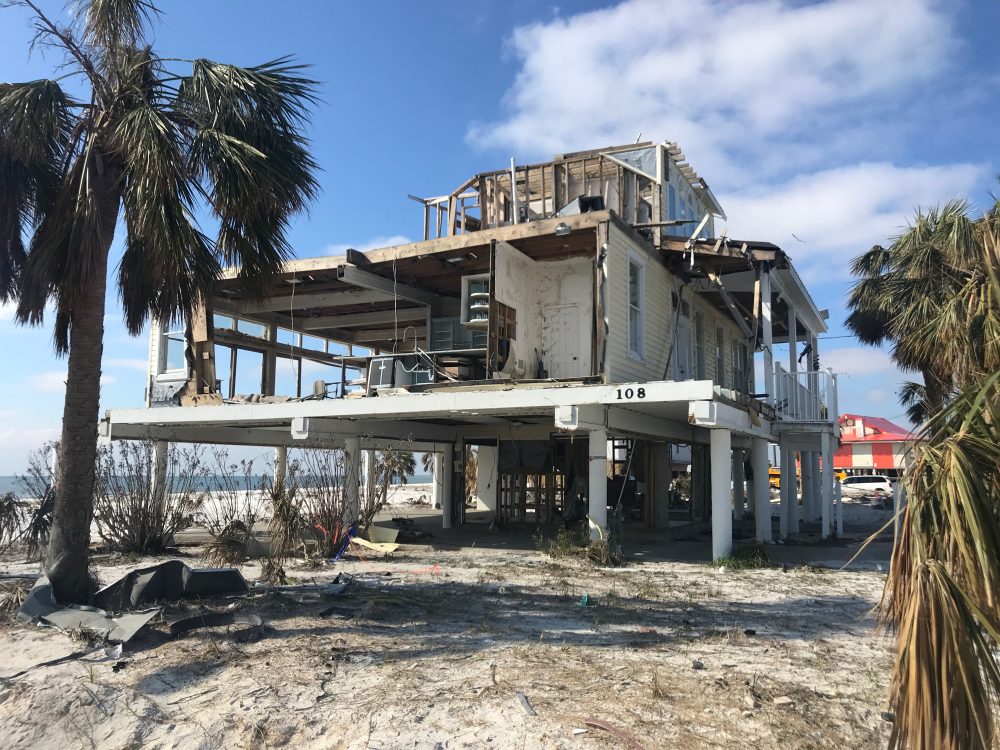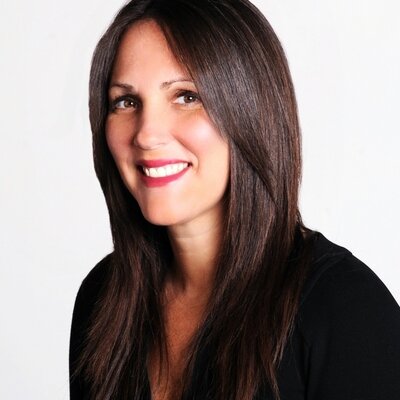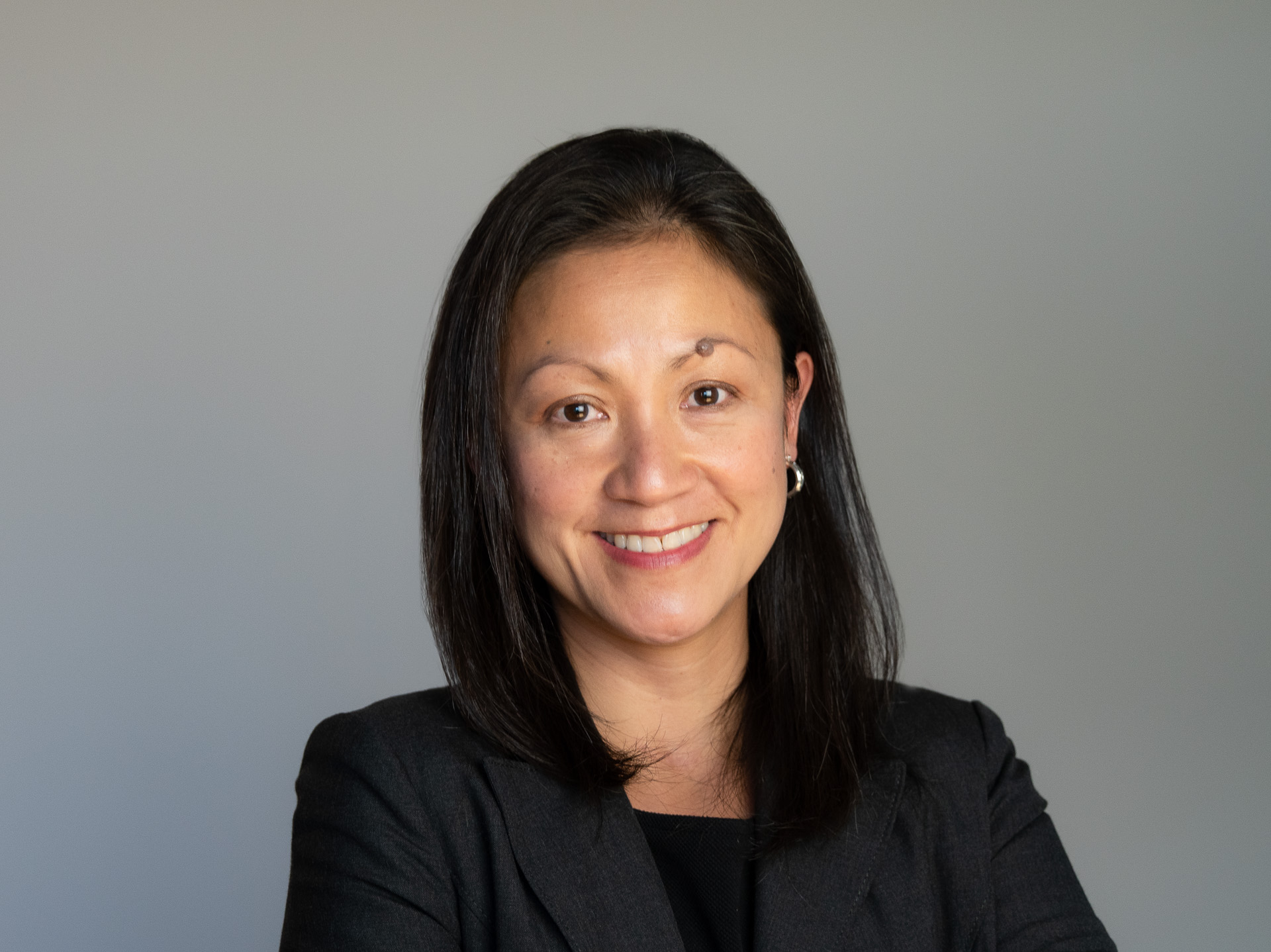4 Days after Hurricane Ida: A Q&A with Lori Bertman
Lori Bertman, co-founder and board chair emeritus of CDP, and president of the Irene W. and C.B. Pennington Foundation, is based in Baton Rouge, Louisiana. CDP’s Yna Moore, director of marketing and communications, asked Lori, one of the country’s most experienced disaster philanthropists, to share what she’s seeing and hearing first-hand as her community and […]
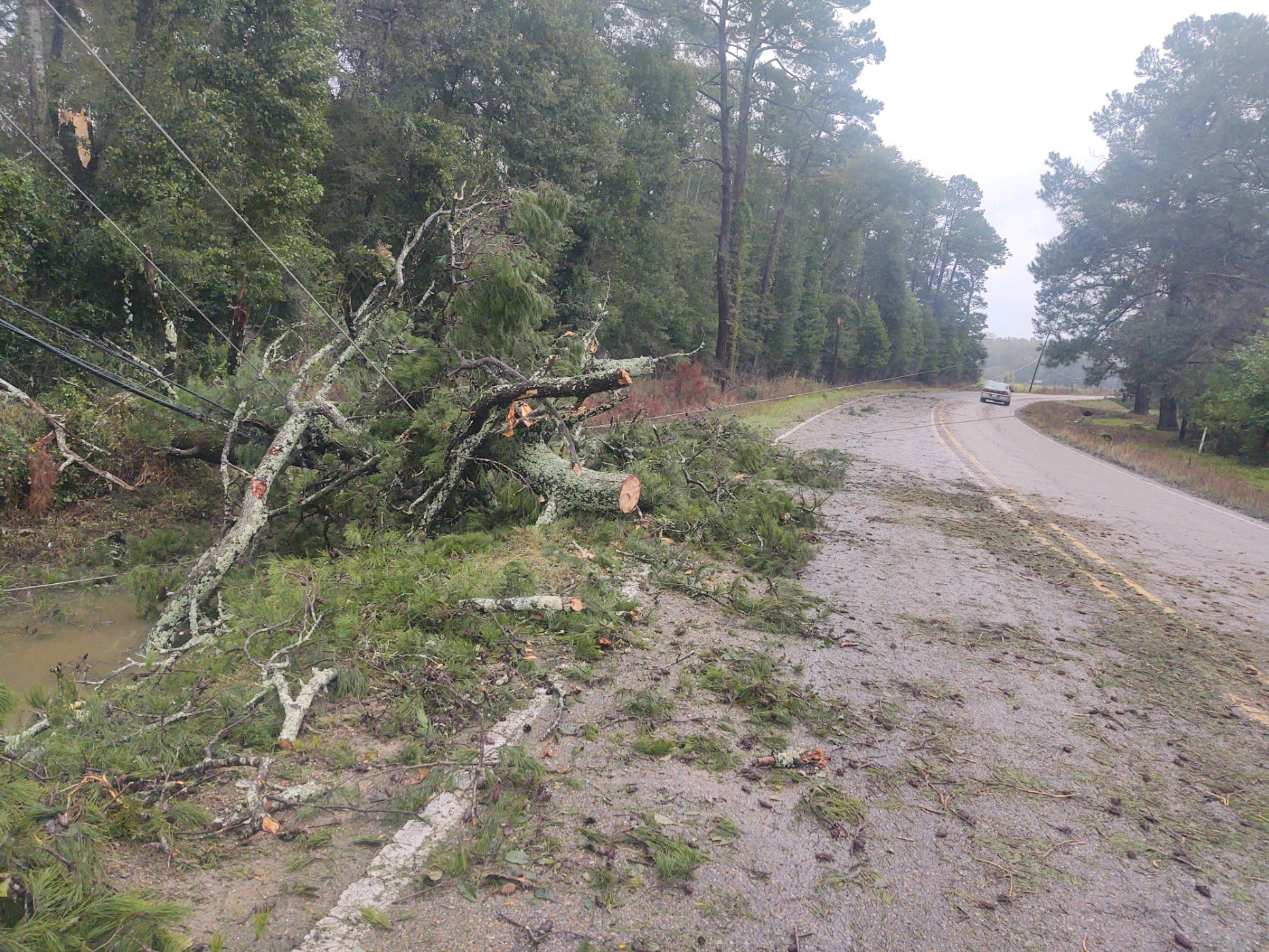
Lori Bertman, co-founder and board chair emeritus of CDP, and president of the Irene W. and C.B. Pennington Foundation, is based in Baton Rouge, Louisiana. CDP’s Yna Moore, director of marketing and communications, asked Lori, one of the country’s most experienced disaster philanthropists, to share what she’s seeing and hearing first-hand as her community and so many others across the state are looking at urgent and emerging needs as well as long-term recovery.
Yna: How has Hurricane Ida affected your state, your community and surrounding areas?
Lori: Hurricane Ida smashed into the coastline of Louisiana on the 16th anniversary of Hurricane Katrina. Sitting in my house in Baton Rouge and waiting for the excruciatingly slow-moving storm was like looking through a kaleidoscope of all the traumatic disasters my community has seen over the past 16 years. So far, Ida appears to be an amalgamation of all of them. Although we’re still only in the search and rescue phase, it is clear that with more than a million people without power and homes destroyed while in the middle of the fourth surge of the COVID-19 pandemic, Ida is a complex climate and infrastructure disaster. It has tested both our resiliency in terms of preparedness and in terms of our mental health.
YM: What are the most urgent needs that you’re seeing?
LB: Electricity is an issue with which Southeast Louisiana is grappling. What do you do when you’re told that if you stayed in your home, you aren’t going to have power for a month? No access to potable water? No Internet to connect with loved ones?
All eight of Entergy’s transmission lines delivering electricity to New Orleans failed simultaneously. That is a catastrophic infrastructure failure. As a side note, those towers went through Hurricane Katrina safely, but the wind event with this latest storm was much higher and much more devastating.
AT&T mobile service is also down in much of the area, so people can’t call or text their family to let them know how they are or reach out to emergency workers, as needed. Other services are experiencing spotty connections.
We’re still in the early stages of damage assessments, and we’re listening to partners in New Orleans, the North Shore, the Coast and other parishes to find out what’s needed. I anticipate a need for gas, transportation, shelter and mental health services. Then there are schools being closed until further notice, which will affect the children of our state. All of these needs are compounded by the looming presence of COVID-19 and low vaccination rates throughout the state. A plan for safe sheltering for vulnerable populations is essential.
Mental health is the one that I see as most pressing. In Baton Rouge, we remember taking in displaced New Orleanians for nine months. Many people who evacuated the state never returned to New Orleans, and they weren’t given the resources to think of returning. Even in Baton Rouge, where we didn’t experience the extent of the storm they predicted, people are still exhibiting trauma. We’re traumatized, and we’re tired.
YM: What are you most concerned about as you look at the long road to recovery?
LB: I’m concerned about repeating the same mistakes as well as the long-term impacts of climate change. This was a climate event, and we’re going to continue to see more – and stronger – storms as a result of climate change.
Mental health is also one of my biggest concerns. Storms, man-made disasters, COVID-19: we’re dealing with a community that has had to be resilient in the face of disaster after disaster, and it takes its toll.
Southwest Louisiana experienced two climate disasters last year and has not yet received any federal funding. I’m concerned that people may only give with a short attention span instead of giving over the life cycle of the disaster. It’s ever-important that philanthropy continues to support long-term recovery to leverage federal funding and ensure funds get to the people who need them most.
YM: Given your track record in disaster philanthropy, what advice would you give donors and grantmakers looking for ways to support immediate relief and long-term recovery in areas affected by Hurricane Ida?
LB: The Four Cs — Communication, Coordination, Cooperation and Collaboration — is one of the most important tenets of disaster recovery, and the one that often sets funders apart in terms of their effective ability to respond to disasters.
Collaboration is easier said than done. You can collaborate while still “doing YOU.” Louisiana has a long history of collaborating to help its neighbors. Southern Louisiana funders have formed a tight network that emerged from Katrina and continued through all the storms we’ve seen over the last 16 years. This network enables us to call regular meetings, share assessment and granting responsibilities and serve as an important long-term support to prepare our community for disasters, which have not yet happened.
Explore and find ways you can cooperate with others to help communities with immediate relief needs. The Pennington Family Foundation has contributed $100,000 to a Baton Rouge Area Foundation fund, and we see some of our partners also contributing. A cooperative approach will ensure these funds go further.
Build strong public and private partnerships to make smart investments. One way Louisiana has excelled is in its coordination with federal, state and local municipal entities to leverage private funds and fill gaps. If you work for a private foundation, work with your governor or mayor on projects, for example, or work with your community foundation.
Communicate with fellow donors and have regular meetings (whether it’s via Zoom or elsewhere). One of the big problems we see during disasters is work and funding being replicated while other needs go unnoticed. Talk to your community leaders and grassroots organizations; be a bridge to make sure the most marginalized voices are heard.
Develop a trauma-based mental health and grief program prior to a disaster. Fund a gap analysis to assess what is needed to make mental health services part of your community’s landscape. Ensure that practitioners, leaders, teachers and peers are trained in collective trauma and grief, and provide the most underserved populations with access to these services.
Finally, invest in planning and advocacy. Infrastructure failure could be avoided by policy changes and equitable building codes, safe spaces and climate justice. These investments require the highest form of equitable collaboration to include voices from the ground all the way to the legislature.
The CDP Atlantic Hurricane Season Recovery Fund supports the medium- and long-term needs of hurricane-affected people and communities. Learn how your donation to the Fund could make a difference to communities devastated by Hurricane Ida.
More like this
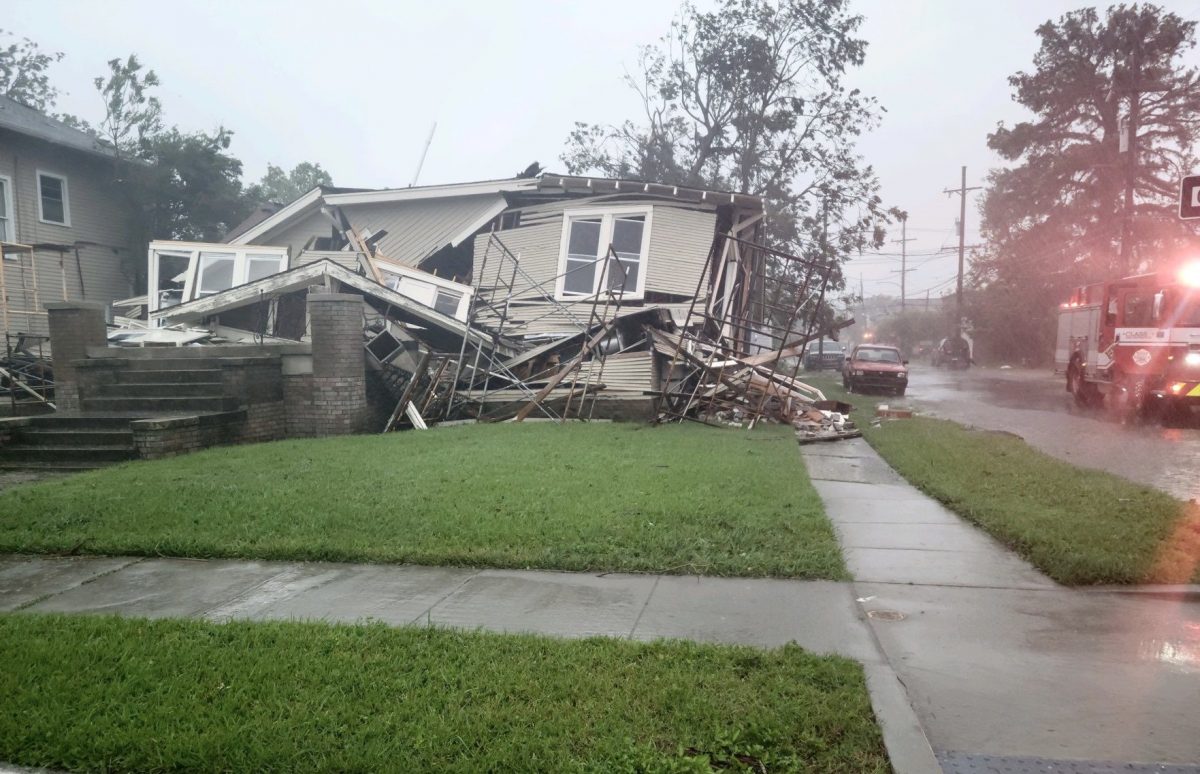
Hurricane Ida: A plea for philanthropy to follow trusted basics for trusted outcomes
